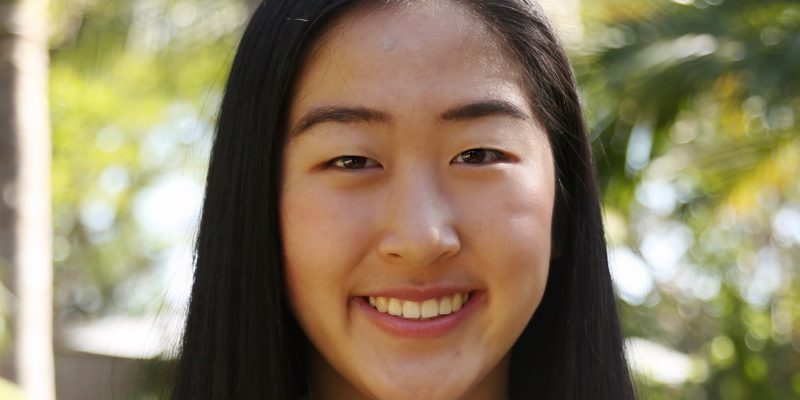
The Water Environment Federation (WEF) announced that Zoe Gotthold is the winner of the 2020 U.S. Stockholm Junior Water Prize (SJWP), the nation’s most prestigious youth competition for water-related research.
Gotthold, a student at Richland High School in Richland, Wash., developed prototypes of devices that promote oil flocculation at the surface and increase the efficacy of traditional oil spill remediation techniques. She won $10,000 and will represent the United States at the international competition in August.
Students from 41 states, the District of Columbia, and Puerto Rico competed in the national finals during a virtual event on June 20. The Stockholm Junior Water Prize aims to increase students’ interest in water issues, research, and careers, as well as to raise awareness about global water challenges. The competition is open to projects focused on improving water quality, water resource management, water protection, and drinking water and wastewater treatment.
The two U.S. runners-up were Emily Tianshi of California and Emma Price of Missouri, who each received $1,000. Ishraq Haque of South Carolina received the Bjorn von Euler Innovation in Water Scholarship Award from Xylem Inc. Beatrice Youd of Wisconsin received the James L. Condon Recognition for Environmental Stewardship.
“The passion, creativity and skill on display during the Stockholm Junior Water Prize competition is both impressive and inspiring,” said Jackie Jarrell, WEF President. “WEF is proud to support these students as they continue to identify and explore solutions to the challenges facing our global water environment.”
Ms. Tianshi’s project offered an approach to deal with freshwater scarcity through the harvesting of atmospheric moisture. Torrey Pine tree needles are well known for their atmospheric moisture harvesting abilities. Ms. Tianshi’s study focused on learning their surface structures and properties at a microscopic level and identifying the characteristics that contribute to efficient harvesting. A fog harvesting device was developed that biomimics Torrey Pine needles.
Gotthold’s winning project, “P.E.N.G.U.I.N.S: Promoting Emulsion Nullification Greenly Using Innovative Nucleation Surfaces (A Simple Solution to Oil Spill Emulsions),” noted that one of the most dangerous components of oil spills is the emulsion that forms between spilled oil and surrounding seawater. It can persist for years and is difficult to remediate. Gotthold identified substances that speed up the separation of those emulsions and used those properties to develop her prototypes. Gotthold is exploring six different applications of her research, which she said can be used to limit the dangers posed by oil spill emulsions without the harmful environmental impacts caused by chemical surfactants.
In the U.S., WEF and its Member Associations organize the regional, state, and national competitions with support from Xylem Inc., who also sponsors the international competition.
For more information on the Stockholm Junior Water Prize, click here. For a list of state winners, click here.